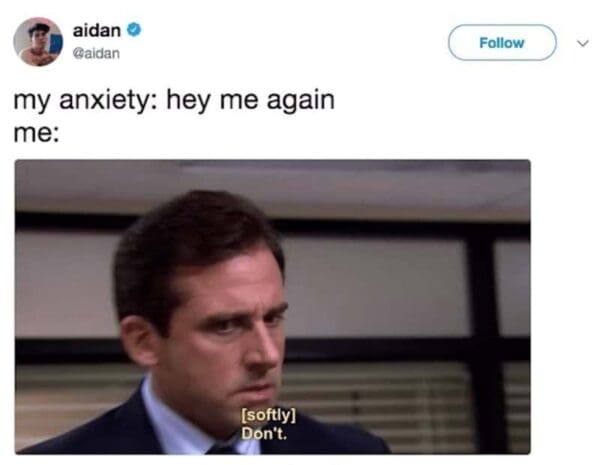How Fast Does Ketamine Work for Anxiety?
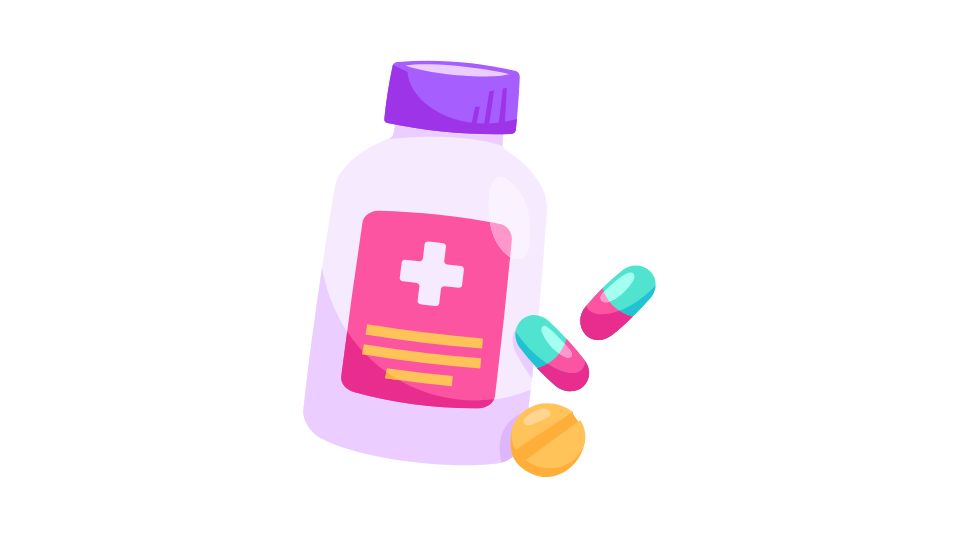
Ever wondered why some people are talking about ketamine for anxiety like it’s the next big thing?
Spoiler alert: It works ridiculously fast compared to traditional anxiety meds.
While your typical SSRIs and benzos take weeks to kick in (if they even work at all), ketamine can start relieving anxiety symptoms in minutes to hours. That’s not a typo – we’re talking about significant relief potentially after just one session.
But before you get too excited, let’s dig into what the science actually says, how the treatment process works, and whether it might be right for you.
How Fast Does Ketamine Actually Work for Anxiety?
When it comes to treating anxiety, timing is everything. Traditional medications like SSRIs often feel like watching paint dry – you might wait 4-6 weeks before noticing any improvement.
Ketamine, on the other hand, is like hitting the fast-forward button.
Most patients report feeling calmer and less anxious within an hour of their first ketamine treatment. One study found that a whopping 83% of patients with anxiety disorders showed significant improvement just 60 minutes after treatment!
This isn’t just anecdotal evidence either. Research published in JAMA Psychiatry shows that ketamine produces rapid anxiolytic effects that can begin almost immediately after administration.
Why Ketamine Works So Quickly
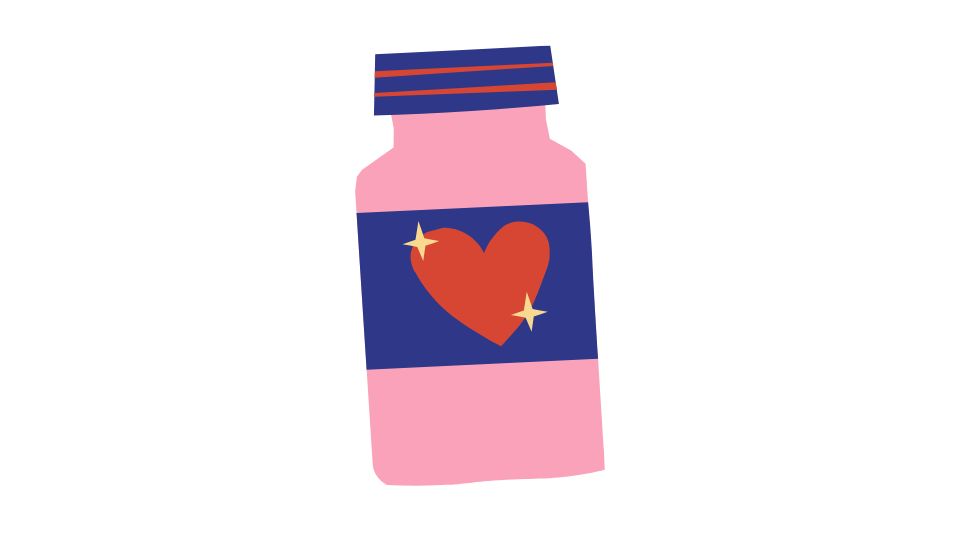
The secret to ketamine’s speed lies in how it affects your brain.
Unlike traditional anxiety meds that primarily work on serotonin or dopamine, ketamine is an NMDA receptor antagonist that modulates glutamate – a crucial neurotransmitter for mood regulation.
This unique mechanism triggers a cascade of neural changes, including:
- Rapid growth of new synaptic connections
- Enhanced brain plasticity
- Reduced inflammation in key brain regions
The result? Your brain can quickly rewire itself in ways that reduce anxiety, rather than waiting weeks for slower chemical adjustments to take place.
What to Expect: The Ketamine Treatment Timeline
While ketamine works fast, getting the full, lasting benefits usually requires a structured treatment plan. Here’s what the typical timeline looks like:
Initial Phase (2-3 Weeks)
- First treatment: Many patients feel immediate relief during or shortly after the first session
- Complete series: Usually 6 infusions spread over 2-3 weeks
- Progressive results: Each session tends to build on the previous one, with most people experiencing substantial improvement by the end of this phase
Maintenance Phase
- Booster infusions: Typically scheduled every 4-8 weeks based on your needs
- Personalized schedule: Some people need more frequent boosters, others less
- Duration of effects: Benefits typically last anywhere from a few weeks to a few months between treatments
The actual ketamine session itself is pretty quick – usually around 40 minutes for the infusion, plus some monitoring time before and after. During this time, you might experience mild dissociative effects (feeling “floaty” or detached), but these wear off quickly.
Factors That Affect How Quickly Ketamine Works
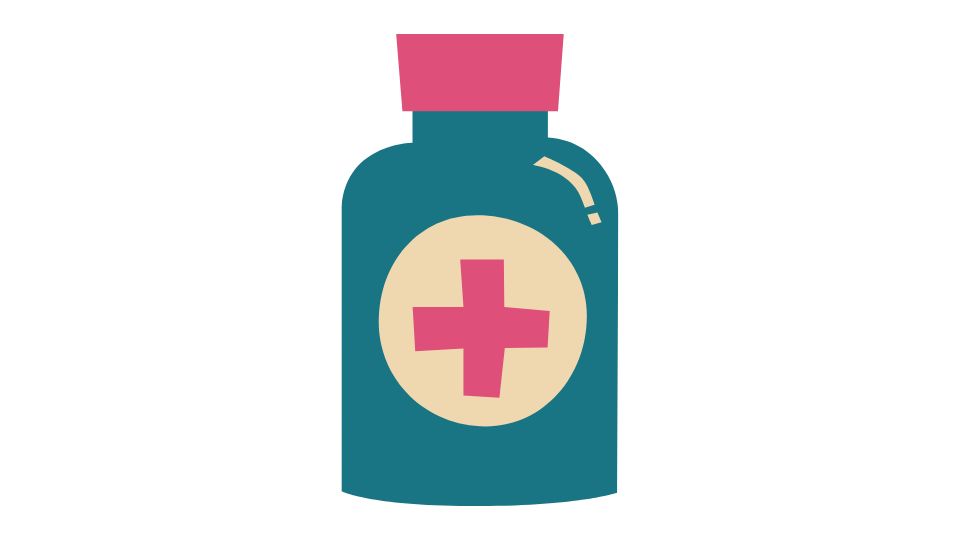
Not everyone responds to ketamine at the same speed or with the same intensity. Several factors can influence how fast you’ll feel relief:
- Severity of your anxiety – More severe or long-standing anxiety might take longer to fully respond
- Your unique biology – Genetic factors and brain chemistry play a role in how quickly you respond
- Dosage and administration method – IV ketamine typically works faster than oral forms like esketamine nasal spray
- Concurrent treatments – Combining ketamine with therapy or other medications may enhance results
- Lifestyle factors – Sleep quality, stress levels, and overall health can impact effectiveness
What Does It Feel Like When Ketamine Starts Working?
Most people describe the immediate effects of ketamine as a combination of:
- Feeling mentally “lighter” or less burdened
- Reduced physical tension
- A sense of calm or emotional release
- Greater mental clarity or perspective
One of my patients described it as “the first deep breath I’ve taken in years.”
The dissociative effects (feeling dreamlike or detached) typically only last during the infusion and for a short time afterward. The anxiety relief, however, often continues to develop over the following days.
Long-Term Results: Does Ketamine Keep Working?
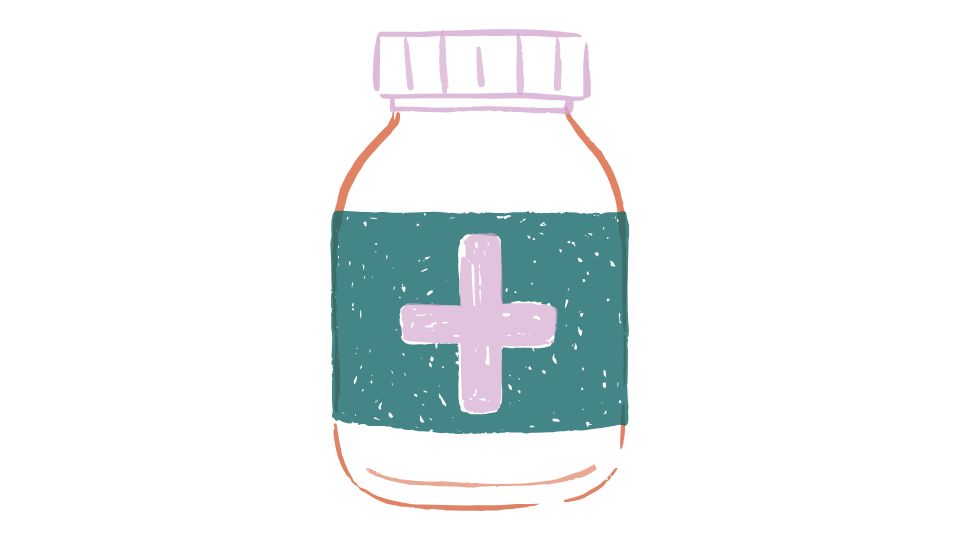
While ketamine produces rapid effects, maintaining those benefits typically requires ongoing treatment. Think of it like:
- Traditional anxiety meds: Slow to start working but taken daily
- Ketamine therapy: Works quickly but needs periodic “booster” sessions
For most people, the sweet spot is finding a maintenance schedule that keeps their anxiety under control with the fewest necessary treatments. Some patients eventually space their sessions out to every few months, while others may need more frequent boosters.
When combined with therapy, lifestyle changes, and sometimes traditional medications, ketamine can produce longer-lasting results than when used alone.
Is Ketamine’s Fast Action Worth It?
The speed of ketamine’s effects is certainly appealing, especially if you’re suffering right now. But there are some important considerations:
Pros of Ketamine’s Rapid Action
- Relief when you need it most
- Less waiting to see if a treatment works
- Can break cycles of severe anxiety quickly
- May prevent worsening of symptoms
Cons to Consider
- Treatments require in-clinic administration
- More expensive than traditional medications
- Insurance coverage varies widely
- Long-term effects still being studied
Who Benefits Most from Ketamine’s Quick Effects?
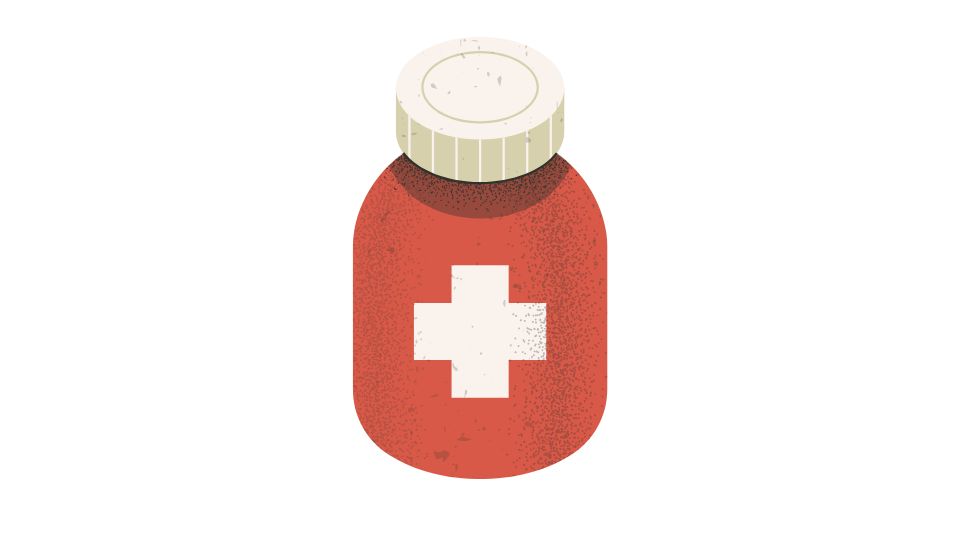
Ketamine’s rapid action makes it particularly valuable for:
- People with treatment-resistant anxiety who haven’t responded to traditional medications
- Those experiencing severe anxiety symptoms who need quick relief
- Patients who can’t tolerate the side effects of traditional anxiety medications
- People in acute anxiety crises who need stabilization
The Bottom Line
Ketamine offers some of the fastest anxiety relief available in modern psychiatry. While traditional medications might take weeks or months to work (if they work at all), ketamine can begin relieving symptoms within hours of the first treatment.
This speed comes from ketamine’s unique way of working directly on glutamate pathways in the brain, promoting rapid neural adaptation and growth rather than the slower chemical adjustments caused by traditional medications.
That said, ketamine isn’t a one-and-done miracle cure. Most people need multiple initial treatments followed by maintenance sessions to keep the benefits going. And like any medical treatment, it works best as part of a comprehensive approach that might include therapy, lifestyle changes, and sometimes other medications.
If you’re struggling with anxiety that hasn’t responded to other treatments, ketamine’s rapid action might be worth discussing with a mental health provider who specializes in this innovative therapy.
Is it right for everyone? Definitely not. But for those who need relief now and haven’t found it elsewhere, ketamine’s speed of action represents one of the most promising developments in anxiety treatment in decades.

